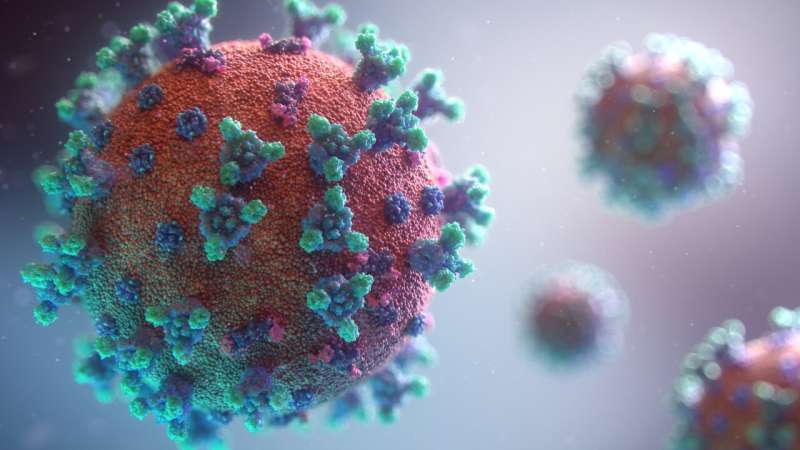Wastewater Surveillance as a Reliable Predictor of COVID-19 Community Infections

A University of Minnesota study confirms that wastewater testing for SARS-CoV-2 accurately predicts upcoming COVID-19 case surges, supporting proactive public health responses.
Recent research published in The Journal of Infectious Diseases has reaffirmed the effectiveness of wastewater monitoring in predicting COVID-19 infection trends within communities. Conducted by a team from the University of Minnesota, the study demonstrated that measuring SARS-CoV-2 levels in wastewater provides a timely and accurate indicator of upcoming COVID-19 case surges. Between January 2022 and August 2024, the research team analyzed data from healthcare workers and wastewater samples, discovering a strong correlation between virus levels in wastewater and community infections. Historically, wastewater surveillance has served as a two-week advance warning for hospitals and clinics regarding rising COVID-19 cases, a pattern confirmed by this ongoing study.
Dr. Timothy Shacker, an infectious disease specialist at the University of Minnesota, emphasized the importance of this surveillance method by stating, "Our work shows that wastewater data continues to be a vital tool for public health planning, enabling proactive responses to COVID-19 outbreaks." The university also monitors other pathogens like influenza, RSV, mpox, and measles through its wastewater surveillance program. The researchers advocate for integrating wastewater data with other epidemiological sources to develop real-time decision-making systems that can better manage emerging infectious disease outbreaks in the future.
This approach not only enhances early warning capabilities but also supports more efficient public health interventions, potentially saving lives and resources. As the pandemic evolves, wastewater surveillance remains a crucial component of the broader strategy to control infectious diseases.
Stay Updated with Mia's Feed
Get the latest health & wellness insights delivered straight to your inbox.
Related Articles
New Zealand Media's Focus During COVID-19: A Nationalist Perspective
A study by the University of Otago uncovers how New Zealand's COVID-19 news coverage was shaped by nationalism, emphasizing domestic issues and unity while impacting global cooperation efforts.
Early visual deprivation in infants may influence brain pathway development
Research suggests that limited visual input in infancy may help organize the brain's visual pathways, shaping how we perceive shape, color, and motion. Learn how early visual experience influences neural development.
Innovative Therapy Shows Promise for Rare ALS Treatment
A groundbreaking experimental drug shows promising results in treating a rare, genetically driven form of ALS, highlighting hope for functional recovery and disease modification.



